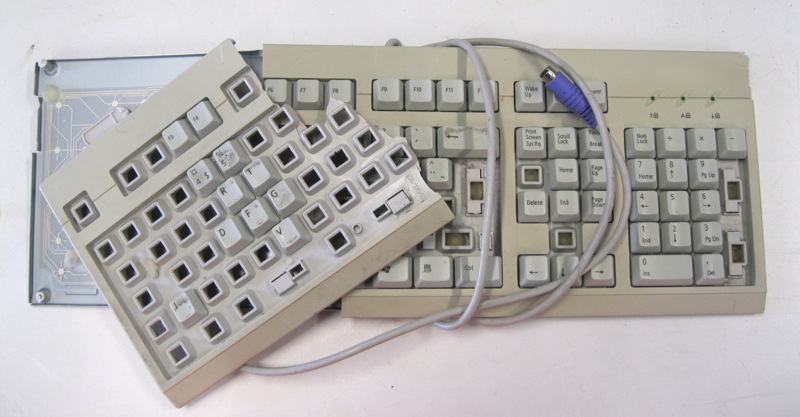When a computer breaks or becomes slow and buggy, you have a choice to make. You can either pay to have your computer fixed, or you can shop around for a new computer. Sometimes the choice is easy to make. Other times, it’s more challenging. One thing’s for sure, though: Knowing how to make an educated decision will save you money in the long run.
A new computer isn’t cheap. Depending on the type of laptop you’re looking to buy, you can easily spend $900 to $1,500 on a mid-level computer with a couple of premium features. Want an “AI ready” computer? Add another $500 or more to the price tag. While it’s often necessary to purchase a new computer, particularly given how quickly tech evolves, sometimes you have the option of repairing the one you already own. And thus the question arises: is it worth repairing your computer?
Before making a repair or buy decision, you should take the time to figure out the best option for your situation and budget. The easiest way to do this is by weighing the following factors: Cost, Time, Warranties, and Available Features…
Cost
For most people, cost is the biggest factor. (If money weren’t an issue, most people would just buy a brand new laptop anytime something went wrong). You should run some cost analysis to see how much it’ll cost to repair the computer, how much it’ll cost to purchase a new computer, and at what point it makes sense to choose either option.

In business, companies often use the “50 percent rule” to help them make decisions like these. The rule simply states that if repairs will exceed 50 percent of the total cost of replacing the item, then you should simply purchase a replacement. In other words, if the estimate to repair your computer is $300 and the new computer is $600, then you should buy the new computer. If, on the other hand, the repairs will only cost you $150, then repairing is the right choice (at least financially speaking).
Time
You also have to think about time. If this is your personal computer and you simply use it to browse the internet, shop online, or check out social media, then you can probably send your computer away to a repair shop for a few days and not worry about much. But if this is your school or work computer, you might not have a ton of time to waste. Proceeding to purchase a new computer that will work immediately could be a better choice.
Warranties
Warranties are a big deal. Here are some things to consider:
Is your existing computer still under warranty? If so, it almost always makes sense to repair.
If you choose to go with a computer repair company, do they offer a warranty on their services? (It’s for this reason that it’s highly recommended to only work with professional companies and to avoid amateur repair services that you’ll see on Facebook and Craigslist.)
If you purchase a new computer, what sort of warranty will be made available to you?
Available Features
It’s also important to think about the features on the computer. If you have a fairly new computer with all of the latest features, then it probably makes sense to go ahead with a repair. But if you’re working with an old computer that you’ve had for five or six years, then you’d probably benefit from purchasing a new computer with brand new capabilities. (Technology evolves very quickly in this space.)
To Repair or To Replace?
At the end of the day, the decision is yours. There are pros and cons that come with each option; it’s ultimately up to your own situational factors.

By repairing your existing laptop, you can save money and avoid going through the trouble of transferring files, establishing all new settings, and learning a new system. But you’ll also be pouring money into an old laptop that’s likely to break again at some point in the next few years.
By replacing your broken laptop with a new laptop, you save time and get access to all of the latest and greatest features that your old device lacks. However, it’ll cost you a lot more money to do so. And you may find it challenging to transfer over all of your files and programs (though this is becoming less problematic with cloud computing).
